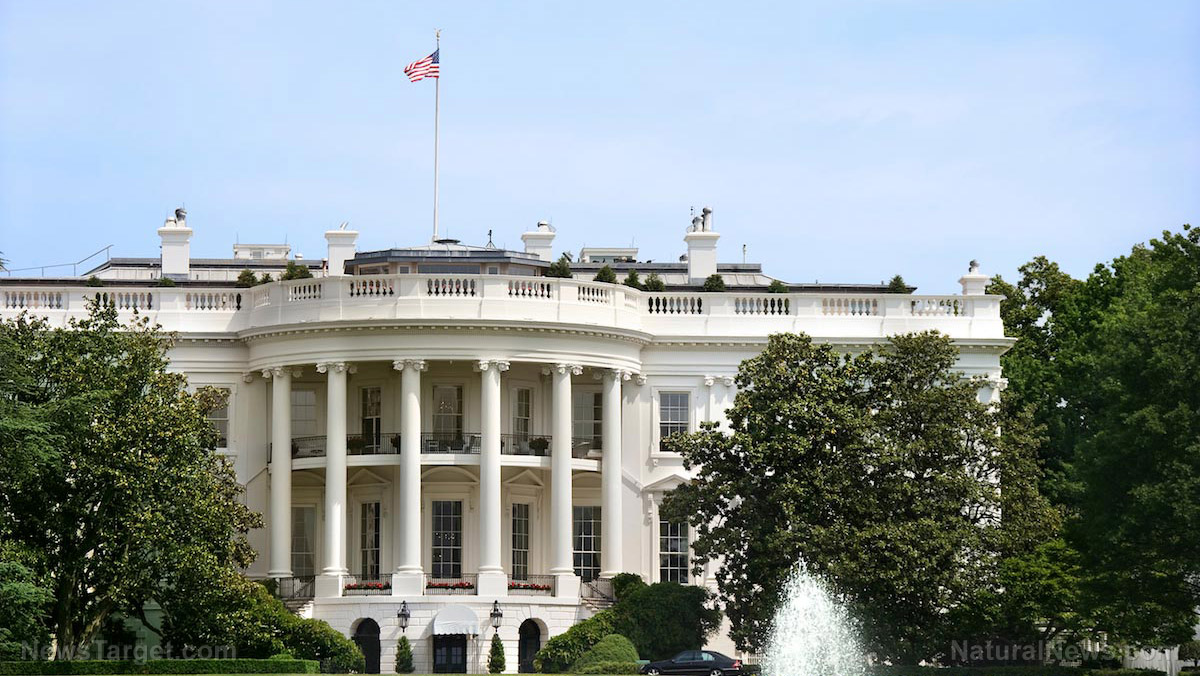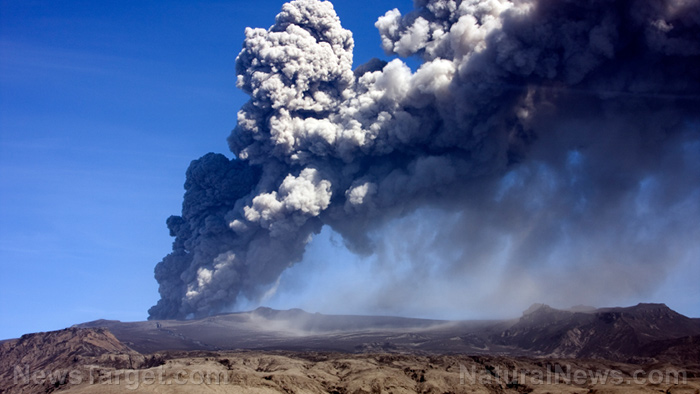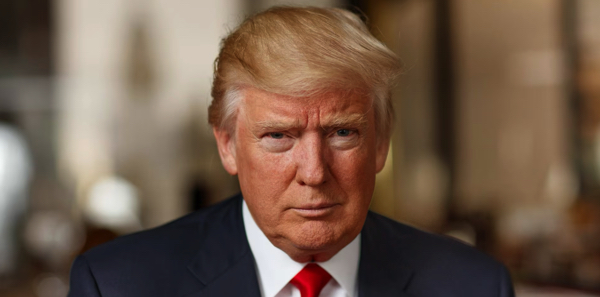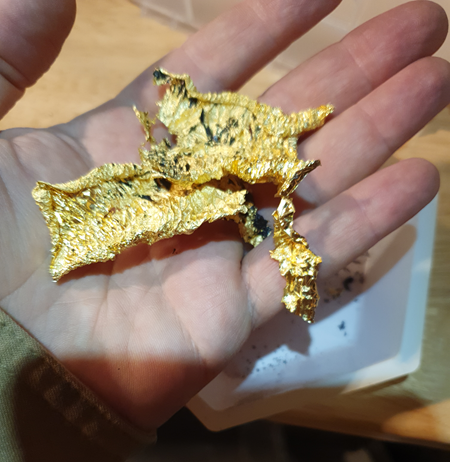Revolutionizing energy and environmental protection: A commonsense approach to offshore drilling
06/30/2025 / By Willow Tohi

- The U.S. Interior Department announced policies to accelerate offshore critical mineral exploration, extending permits to five years and streamlining leasing processes.
- The Trump administration’s reforms aim to reduce reliance on China for minerals vital to tech, defense and energy sectors.
- Environmental safeguards remain key, with U.S. Geological Survey studies assessing ecological impacts of seabed mining.
- Policy changes align with Trump’s 2025 executive order targeting foreign competitors’ mineral dominance.
- Industry certainty is prioritized, with expedited permits and waived fees to attract private sector investment.
The U.S. Department of the Interior (DOI) unveiled sweeping reforms this week, to streamline offshore critical mineral development, marking a sharp turn toward curtailing China’s strategic control over resources essential to U.S. tech, defense and energy sectors. Under Acting Assistant Secretary Adam Suess, the DOI aims to “eliminate unnecessary delays” while maintaining environmental standards, positioning America to dominate seabed mineral extraction. Key measures include extending exploration permits from three to five years, fast-tracking leases by bypassing redundant bureaucratic steps and applying emergency permitting protocols to slash review periods from years to weeks. The policies respond to a critical vulnerability: China supplies over 50% of U.S. critical mineral needs, including 90% of rare earths.
Breaking China’s stranglehold on global supply chains
The reforms directly address warnings from the House Select Committee on the Chinese Communist Party, which highlighted Beijing’s use of export controls and market dominance to undermine U.S. interests. In April 2025, China added seven rare earth minerals to its export control list amid trade frictions, a tactic the U.S. warns jeopardizes national security. President Trump’s April executive order framed offshore minerals as a bulwark against foreign adversaries, stating such resources are “key to strengthening our economy, securing our energy future and reducing dependence on foreign suppliers.”
The DOI’s actions reflect a bipartisan urgency to decouple from China’s commodity markets. “The PRC weaponizes supply chains,“ the congressional report noted, citing tactics like price manipulation to stifle competition. By expanding U.S. access to seabed minerals — including nickel, cobalt and lithium — Washington seeks to solidify its position in industries such as electric vehicles and renewable energy.
A balance of progress and prudence: Environmental considerations
While emphasizing speed, the DOI pledged to uphold strict environmental standards through partnerships with the U.S. Geological Survey (USGS) and Bureau of Safety and Environmental Enforcement (BSEE). The USGS will map seabed mineral deposits and assess ecological impacts, including risks to deep-sea ecosystems. “USGS science is critical to securing America’s future,” said Acting USGS Assistant Secretary Scott Cameron, citing research expeditions in the Aleutian Archipelago.
Industry leaders praised the reforms for avoiding the regulatory overreach that stalled projects under past administrations. However, environmental groups remain wary of seismic impacts on underwater habitats. “The DOI must ensure safeguards aren’t just theoretical,” warned an anonymous marine biologist, echoing concerns over untested seabed mining techniques.
Putting America first: National security and economic growth
The policy overhaul underscores the administration’s “energy dominance” agenda, prioritizing domestic resource development to bolster both economic growth and national defense. Lowering barriers for companies like BOEM lessees reduces costs for manufacturers, potentially revitalizing American industries from semiconductors to renewable energy farms. “These minerals power our economy and protect our national security,” Suess asserted.
The changes also incentivize private investment through reduced rental fees and consolidated permitting processes. Analysts predict a surge in applications for offshore leases now that delays are minimized. Meanwhile, the 28-day emergency permitting cap could accelerate access to minerals used in advanced weaponry, such as gallium for radar systems or titanium for aircraft.
A strategic pivot for U.S. supremacy in the blue economy
By reshaping offshore mineral policy, the Trump administration has laid the groundwork for a “more secure, resilient and competitive future,” as the DOI stated. With China’s chokehold on critical minerals wielded as a geopolitical tool, the U.S. must capitalize on its vast seabed resources to safeguard supply chains and technological leadership. As the global race for critical minerals intensifies, these reforms frame energy independence not as a partisan ideal but as a national imperative — one powered by prudent policy and American ingenuity.
Sources for this article include:
Submit a correction >>
Tagged Under:
big government, China, Ecology, energy supply, environment, fuel supply, metals, mineral mining, mining, national security, new energy report, power, progress, rare earth, rational, supply chain, Trump
This article may contain statements that reflect the opinion of the author
RECENT NEWS & ARTICLES
COPYRIGHT © 2017 METALS NEWS



















